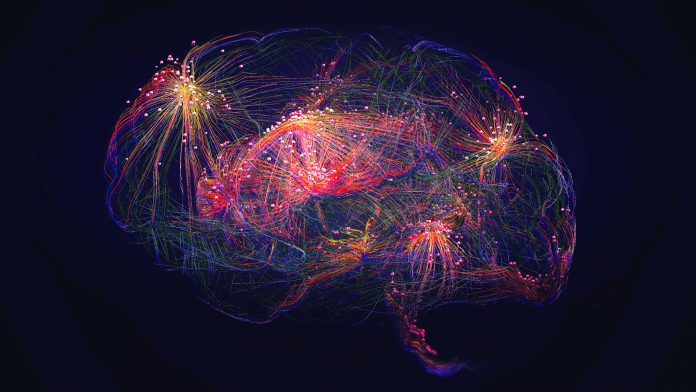As artificial intelligence (AI) and brain technologies develop at a breathtaking speed, scientists are warning that one of the oldest and most important questions in science remains unanswered: what is consciousness?
A new review published in Frontiers in Science argues that understanding consciousness is now an urgent scientific and ethical priority, with benefits for a wide range of fields, including medicine, law, and animal welfare.
Why consciousness matters
Consciousness is the state of being aware of ourselves and our surroundings. It remains one of humanity’s greatest mysteries. Despite decades of neuroscience research, scientists still can’t explain how the brain gives rise to the subjective experience —the feeling of being “you.”
The authors of the new review, led by Professor Axel Cleeremans of Université Libre de Bruxelles and joined by Professors Anil Seth of the University of Sussex and Liad Mudrik of Tel Aviv University, warn that progress in AI, neurotechnology, and synthetic biology is outpacing our understanding of consciousness.
As machines become increasingly intelligent and brain-like systems are developed in laboratories, society may soon need to decide whether any of these entities could be truly aware and how to treat them if they are.
Towards a science of awareness
Current research explores several major theories of consciousness. Global Workspace Theory proposes that consciousness arises when information is broadcast across the brain for use by different systems, such as memory and decision-making. Integrated Information
Theory focuses on how tightly connected a system’s parts are, suggesting that consciousness depends on complex integration.
Other frameworks, like Predictive Processing and Higher-Order Thought theories, emphasise the brain’s ability to predict sensory input or reflect on its own thoughts.
The authors call for new, cooperative research methods to test these competing ideas. Adversarial collaborations could help move the field beyond long-standing disagreements. They also argue that science must balance studying what consciousness does with what it feels like, integrating both objective measurements and subjective experiences.
A clearer understanding of consciousness could transform medicine, ethics, and law. In hospitals, improved brain-based assessments could detect hidden awareness in patients once thought to be unconscious, reshaping care for people in comas or with advanced dementia. Mental health research could also benefit, as linking subjective experience to brain function might open new paths for treating depression, anxiety, and schizophrenia.
In animal welfare, scientific tests for consciousness could clarify which species are sentient. This knowledge could redefine how animals are used in research, farming, and conservation.
In law, insights into conscious and unconscious processes may challenge traditional ideas about responsibility and intent, potentially transforming how courts interpret human behaviour and accountability.
Preparing for a conscious future
As brain–computer interfaces and advanced AI systems become more sophisticated, the question of artificial consciousness becomes increasingly pressing. Even if machines cannot truly feel, systems that convincingly mimic awareness could still raise serious moral and social dilemmas.
The researchers urge governments, ethicists, and scientists to collaborate in anticipating these challenges.











